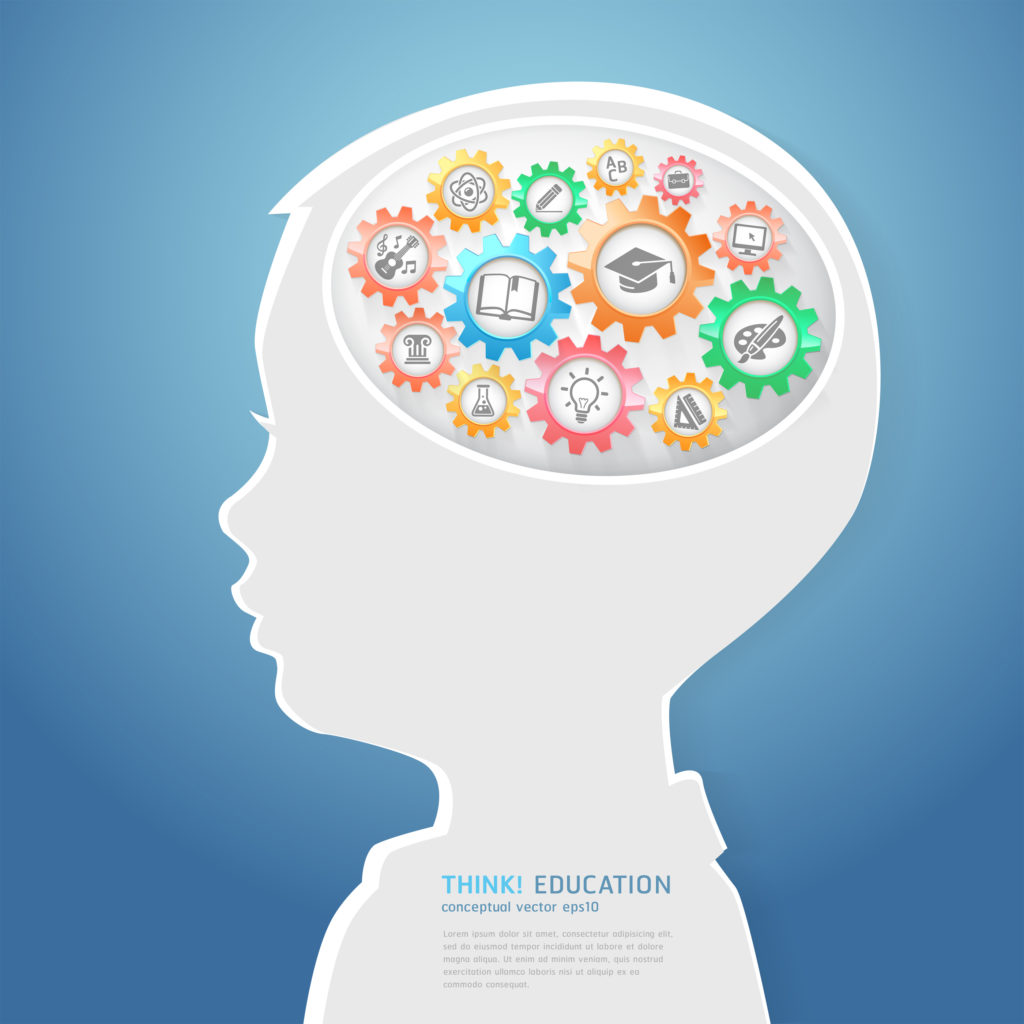| It is common knowledge that exercise keeps our bodies fit and healthy. However, regular exercise does not only benefit our body, but also strengthens our psychological and social well-being. For children in particular, physical activities are an essential part of a healthy development. From the very beginning, exercise is vital for children: children’s natural urge to move, by romping, playing, jumping or climbing, is already evident at a very young age. The more stimuli from the body’s movements reach the child’s brain in the first years of life, the easier it is for nerve connections to form and link up. These nerve connections are very important for humans to be able to live fit and healthy lives. In addition to a good development of the brain, sports has even more psychological effects on children, which are very crucial to their well-being from the very beginning and offer many benefits: |
Children who do a lot of sports
… can focus better.
… develop social skills.
… have a better self-image and act with more self-confidence.
… are healthier.
… have better developed and complexly linked neural pathways in their brains.
… are very creative and imaginative.
… can reduce their stress levels more easily. … are very persistent and have great stamina.
| Parents and guardians should let their children play and romp to ensure the most effective development of their physical and mental well-being. Every positive experience a child has with sports generates a positive psychological effect in the brain and nurtures our children into adulthood. |

